Air Canada has paused making changes to the way passengers booked on specific fares can select seats upon check-in. The airline had previously implemented the changes, but has paused making the changes to a later date, citing operational reasons.
Once the changes are announced and implemented, travellers who book an Economy (Basic) or Economy (Standard) fare will no longer be able to select a Standard seat for free at check-in. Rather, Air Canada will automatically assign a seat upon check-in, and passengers will need to pay to change to a different seat if they so desire.
The date on which the changes will be implemented has yet to be announced.
Air Canada to Change Seat Selection Policy at Check-In
Air Canada will eventually introduce seat assignments at check-in for passengers travelling on select fares, rather than offering complimentary seat selection at check-in.
Once implemented, this means that you’ll no longer be able to select a Standard seat free-of-charge at check-in if you’re booked on an Economy (Basic) or an Economy (Standard) fare.
Instead, Air Canada will automatically assign you a seat at check-in, and if you’d like to change to a different one, you’ll have to pay a fee ranging from $14–90 (CAD), depending on the route and fare.
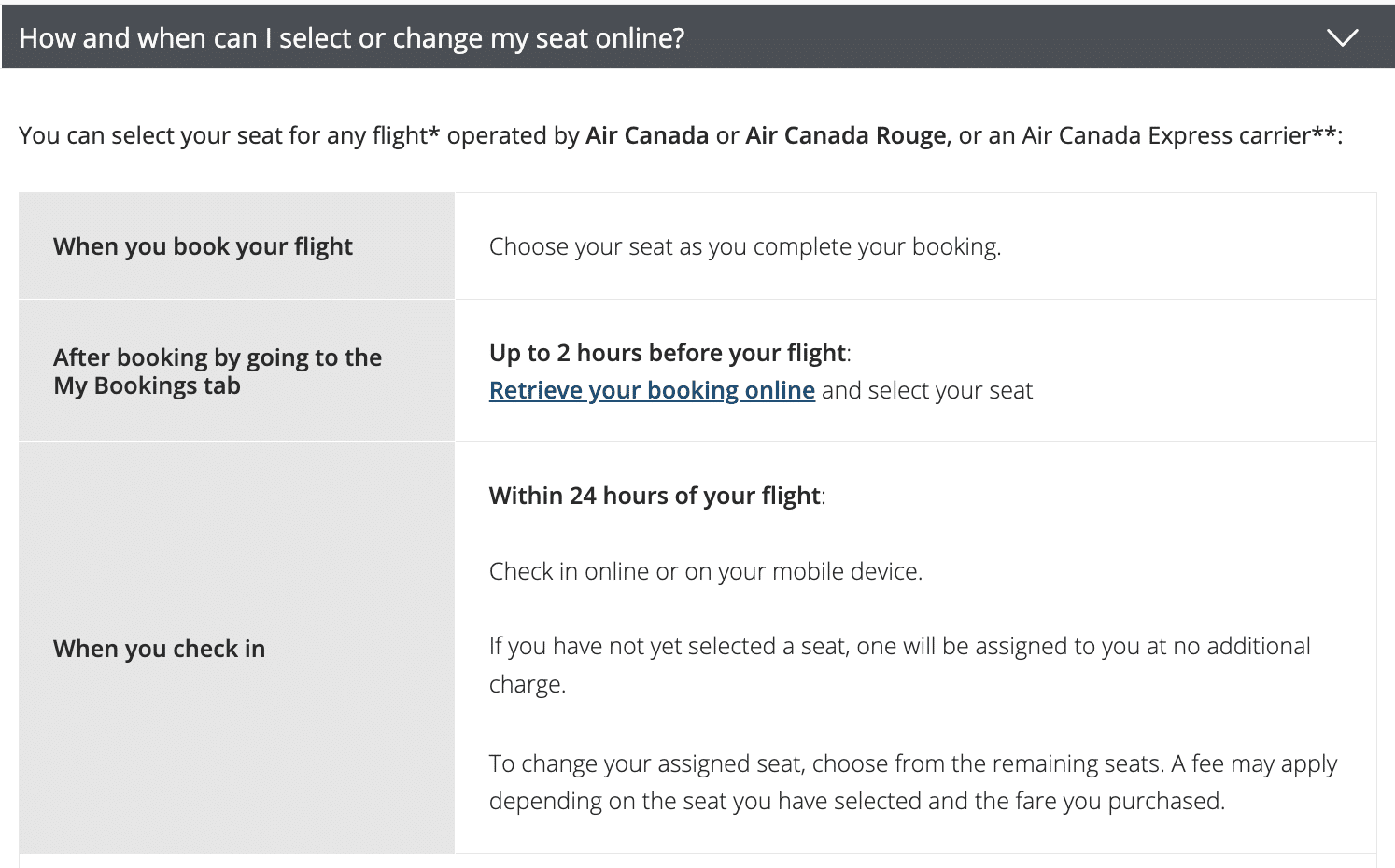
This will be a departure from the current policy, which allows passengers travelling on Economy (Basic) or Economy (Standard) fares the ability to select any available Standard seat for free upon check-in.
This new seat assignment policy will affect passengers on an Air Canada flight within Canada, to/from the United States, and on select international itineraries on Economy (Basic) or Economy (Standard) fares. The full list of international destinations that offer complimentary Standard seat selection for Economy (Standard) fares can be found on the Air Canada website.
Note that if you’ve booked a different Air Canada economy fare, including Economy (Flex), Economy (Comfort), and Economy (Latitude), you’ll still be able to select a seat at no cost.
Likewise, if you have Aeroplan Elite Status, you can select a Preferred seat at no cost either at check-in or in advance (depending on your status and fare purchased), and Super Elites will continue to have access to complimentary Standard and Preferred seat selection on all fares.
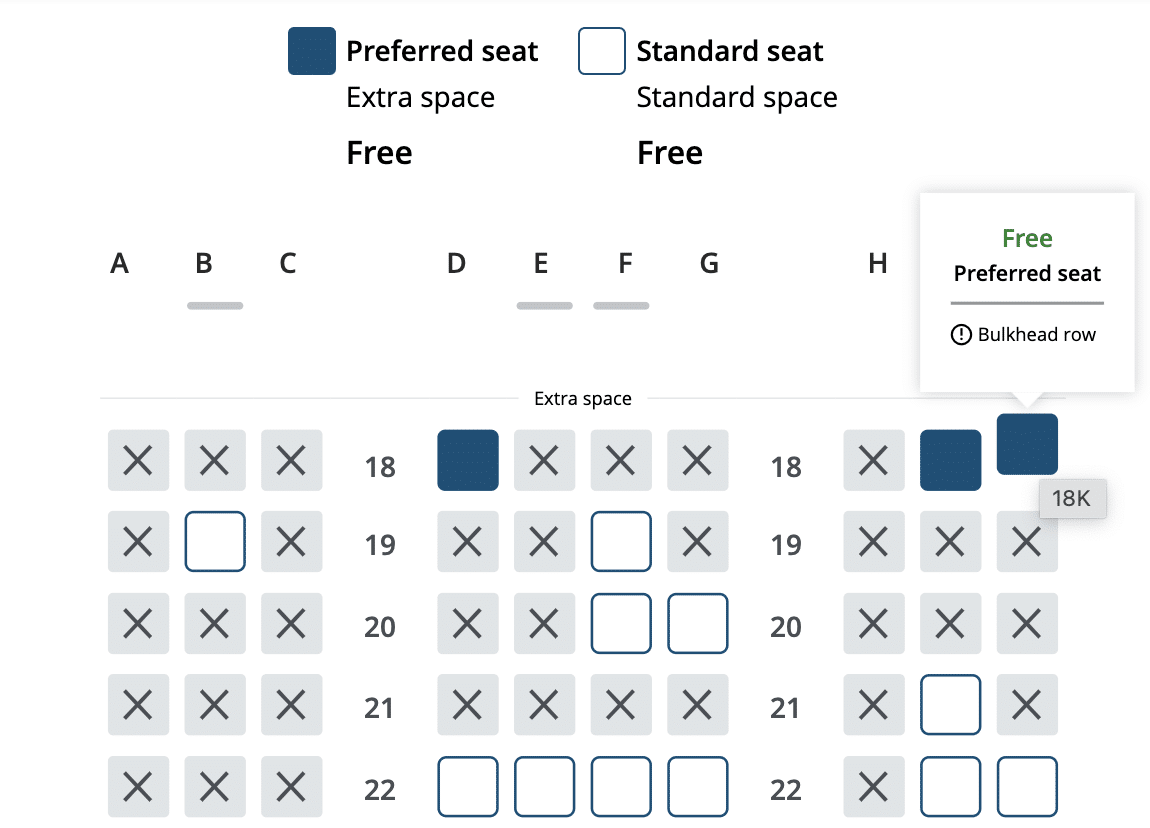
If you travel as a family, all airlines flying to or from Canada must ensure parents are seated nearby to children aged 14 and under, as per Canada’s Air Passenger Protection Regulations (APPR).
Children aged four and under must be seated next to their parent or guardian, children aged 5–11 must be in the same row and separated by no more than a seat, and children aged 12–13 must be no more than one row away.
Some Passengers Must Now Pay to Change Assigned Seats
Passengers without status who frequently travel on Economy (Basic) and Economy (Standard) fares on Air Canada flights won’t be happy with this change, since it’s currently possible to select any available Standard seat at check-in for free.
Until the change is implemented, the best strategy is to check in exactly 24 hours prior to departure, at which point you can choose from all available Standard seats in the cabin, and the likelihood of getting a window or aisle seat or a seat closer to the front of the cabin is at its best.
Going forward, Air Canada will automatically assign you a seat at check-in, which could mean that you could get a window or aisle seat, but it could also mean that you get the middle seat in the back row. If you’re travelling with someone else, it’s possible that you could be seated away from each other, too.
If you’re not happy with the seats you’re assigned, you’ll have to pay to move elsewhere.
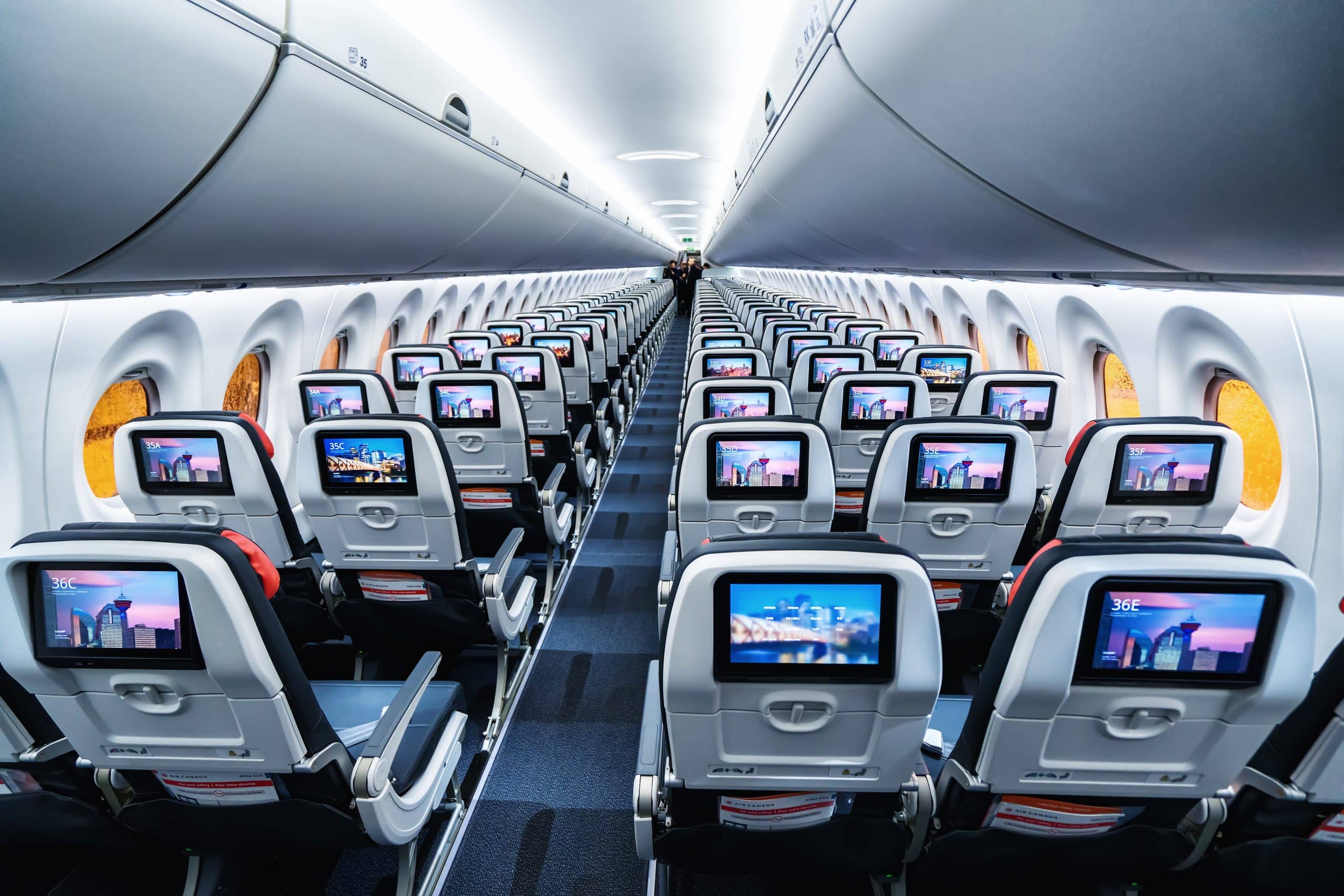
It’s worth noting that Air Canada isn’t the only airline to assign seats to passengers on lower fares and charge for any changes, as it’s a practice WestJet, Porter Airlines, and Flair Airlines have long had in place.
From the airline’s perspective, unbundled pricing is transparent through the booking process, in that passengers can choose a lower fare with fewer inclusions, pay for a higher fare that has complimentary seat selection, or pay for a different seat at check-in if the one they’re assigned isn’t desired.
Charging for seat selection is also one of the many ways airlines generate ancillary revenue, which is becoming more and more common these days as airlines unbundle fares and allow passengers to choose options based on what they need.
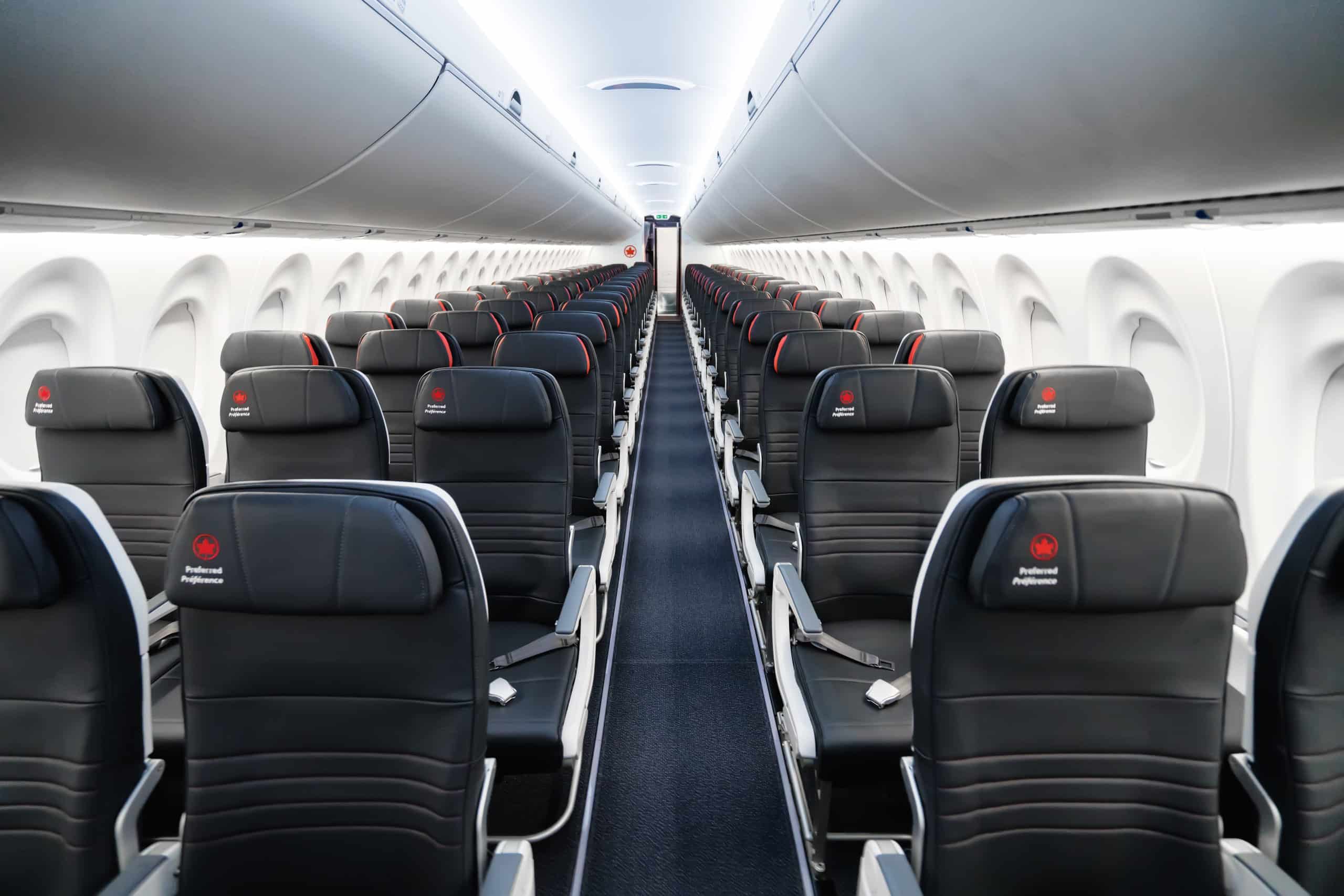
From the passenger’s perspective, this policy change could result in yet another added cost associated with flying, especially if you want to avoid the possibility of flying in a middle seat, being stuck in the back row, or being separated from your travel partner.
If seating is important to you, it’s worth considering the difference between Economy (Basic), Economy (Standard), and Economy (Flex) fares, since the latter comes with one free checked bag and complimentary advance seat selection, amongst other inclusions.
If you don’t enjoy these inclusions by other means, such as with a co-branded credit card or status, the price difference may be favourable compared to paying for a seat and a bag à la carte with Economy (Basic) or Economy (Standard) fares.
Otherwise, you can look to using fixed-value points currencies to offset any additional fees, or to the $150 travel credit available on the National Bank® World Elite® Mastercard®, which can be used against seat selection fees.
Conclusion
Air Canada has paused making changes to its seat assignment policy for passengers travelling on Economy (Basic) and Economy (Standard) fares.
Once it’s implemented at a later date, passengers who book these fares will be assigned a Standard seat, and they’ll need to pay to change to a different seat, if desired.
The date on which Air Canada will implement the changes is yet to be announced.






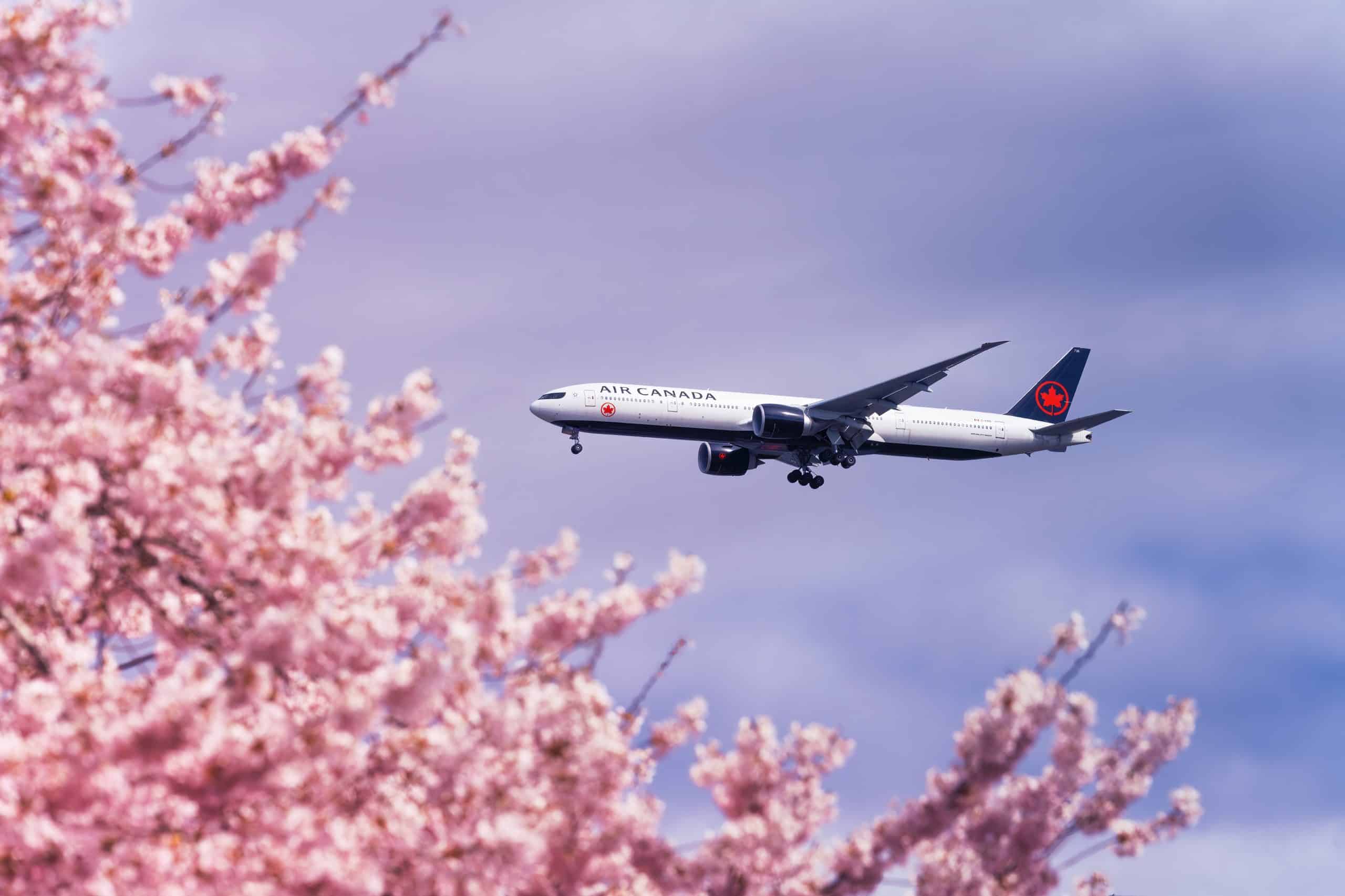



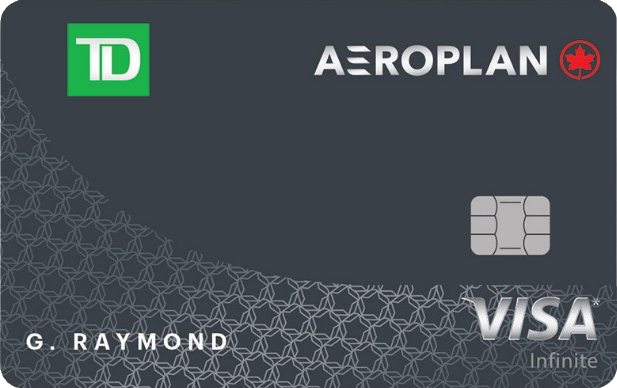



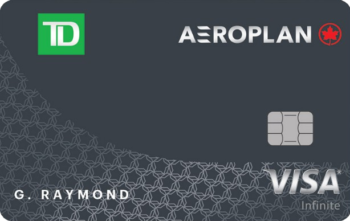


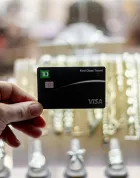

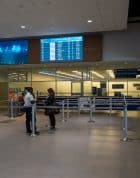

Federal government paid about $5.4 billion to air Canada during the COVID recovery. The salary and compensation of AirCanada CEO was about $12.5 million in 2022. Other news: Emirate airlines is not allowed to fly from or to Vancouver directly so AirCanada and its European partners are not losing their lucratif flights to Asia and far east to Emirate.
This is clearly a move by the bean counters to be clever to their superiors and carve out a little more revenue per flight. If they had asked a behavioural economist the answer would have been this is a bad idea. People hate air travel because of the controls in place and the petty charges at every touch point. The one thing you could do was select your seat next to a friend or loved one which gave you a sense of excitement or control for your upcoming flight. Now they are going to add a layer of control over that and make you pay for the added inconvenience. I feel sorry for the front line staff and the travel agents that have to endure the frustration of passengers because of the layers of management.
It’s started already. Happened to me on a flight from Houston to Toronto on Apr 26th.
So much for “paused”.
People on reddit also report it happening on the 27th.
I know that AC is PofT’s cash cow, so they don’t wanna poke the bear, but perhaps another follow up?
Thanks sir Canada for the extra junk fees, I only pray we can get legislation passed to get rid of this kind of crap
So even when check-in opens 24 hours before, we will need to pay to change seats? Hope I’m reading that wrong
I am aeroplan member 6 feet 6 inches tall you AIR CANADA gonna GIVE seat 12b and give passenger DON’T speak English IN emergency exit that what you doing now think about that. NID MORE experience OR training workers nid.more RESPECT TO passenger
Charging for something that costs AC nothing is obscene. Is AC going to charge for seatbelt use soon? Makes just as much sense.
Absolutely correct. Consumer is king or is that still true? Shop elsewhere away from AC if possible.
Porter and Westjet already do this, so shopping elsewhere won’t get you anything.l
Really? Westjet sold an upcharged fare that included seat selection and then decided to sneakily charge for it anyway?
Just another downgrade to what has become a very pathetic airline.
Even us old time defenders of AC are now disillusioned, although some hardcore fans hang on.
Happened to me last night for flight this morning. Just the hop from Victoria to Vancouver…
Wasn’t going to pay $29 for a better seat on 15 minute flight.
Applying this quietly, and retroactively, really reveals the scum that AC is and has always been.
Its one thing to do this on basic fares, but on already purchased standard fares is low, even for this trash airline
Disgusting. I’m surprised they’re not charging to use the washrooms. These airlines are getting ridiculous, paying for seats, hand luggage etc. The price you pay at the time of booking is so basic now. They’ll be asking us to stick our arms out of the windows and flap them, soon.
Ah the Air Canada economy experience just got knocked down further to ultra low cost carrier levels. Doesn’t matter for the bloggers, they’re AC elites and no biggie for them. Probably this need to go to CBC Go Public to raise a stink.
Stink by consumer community surely!
I can understand paid seat selection at checkin for Basic fare. But Standard? Give me a break. On many routes Flex is $100-200 more already. As a family of 3, we will be looking at other options than AC to fly to US/Europe/Asia than this garbage.
If you do not pay for seat selection, they may not let you and your love one to seat together. It happened to us, both of us sat at window seat on the flight from Montreal to Rome. If you want to buy one seat, you can’t seat together since you don’t where the other one sit. Not even one seat in their plan is free to select.
Is it legal for Air Canada to apply such changes to passengers who bought their tickets previously, when seat selection at check-in was not subject to a fee? It appears to be a case of increasing the cost of something after you have purchased it.
Air Canada is trying to get other sources of revenue at the expense of its customers. Next will probably be charges for carry-on luggage. They are not a low cost carrier and they should remember that. It would be interesting if the co-branded credit cards such as the TD Visa Privilege card would add this as a benefit like the free check in baggage. Many of us book basic or standard because of benefits of the visa card. Perhaps you should be reaching out to TD Visa to see if they are willing to add this as a benefit.
I hope people seriously question the Air Canada executive at the travel summit over this change. This really impacts some of the few AC loyalists left (if we can be called that.)
The Scenario: They will assign you a middle seat between an occupied aisle and window seat, then demand you pay $14–90 (CAD) to move to the undoubtably empty aisle a few rows back.
This is an actual bullsh!t change and might be the reason I cancel my family’s Aeroplan Amex Cards. Air Canada seems to be doing everything they can to monetize the lowest point redemption bracket, they have pretty much ruined the ‘latitude attitude’ booking scheme, and nothing is being done to enhance the dwindling value of their premium branded credit cards.
I’m genuinely curious about what you mean here: “they have pretty much ruined the ‘latitude attitude’ booking scheme”
I know what the “Latitude attitude” is, I’m just not clear on what you’re referring to.
On the routes I mainly fly ‘long haul’, YYZ-BOG, they have started using an A330 without business class, so no option for latitude attitude on that route anymore. Same goes for YYZ-BGI, they swapped out the 787 to a A321, so no option for upgrade on that route either anymore.
Then, on any route between international hubs, like YYZ-LHR, or YYZ-DXB, anyone flying without status or 25K is going to be waitlisted for sure, no matter how far out you book, or how last minute you book. Then, if you want to use Latitude Attitude on something real long, like YVR-SIN, or YVR-SYD, you are still waitlisted, even as a Super Elite, on just about every date search. Many may feel differently, and I love seeing the sweet spots for redemption, but they seem to be getting very few and far between.
Sorry, some careless editing and lack of proofing ruined my last post.
I should’ve clarified that they have ruined MY ability to use Latitude Attitude on my preferred routes.
Futhermore, I meant to say if you “don’t want to use L.A. on something real long”, and that is just searches – I don’t have super elite status, it was just an observation.
Bring on the sweet spot redemptions! I have let over 50 Eupgrades lapse due to lack of ability or value in using them, but here’s hoping for better options in 2024.
Yeah, That is why I stopped flying with Air Canada
They have very tight seats and food service is very poor as compare to European Airlines
“Unbundling” is such a nonsense way of expressing what is essentially gouging people for every last atom of the service.
If airline executives and management took less pay, they wouldn’t need to charge extra for anything.
Good bye Air Canada! There are airlines around who value customers, value customer service and take pride in providing service! When I pay, I have the choice!
Air Canada assigned us as family the very last row, right beside restroom, saying we care of you and did our best you to have family seats all together. I had to pay extra money for seat selection. But definitely this is my last flight with Air Canada. They are done for me.
Westjet and Porter do the same thing. Either pay or get automatically assigned a seat. Are you done with them too?
There are no middle seats on Porter.
And they dont do it on fares that you pay extra for like AC standard
And they didnt put a policy in place like this unannounced on existing bookings, until of course they got caught, and then “paused” it.
Doesn’t make it okay, no reason why we can’t pick a seat 24 hours out without having to pay $35 for it
Another way Air Canada continues to strive to give Economy passengers an unpleasant experience. This, in addition to cramped seating, expensive airfares, and delayed flights.